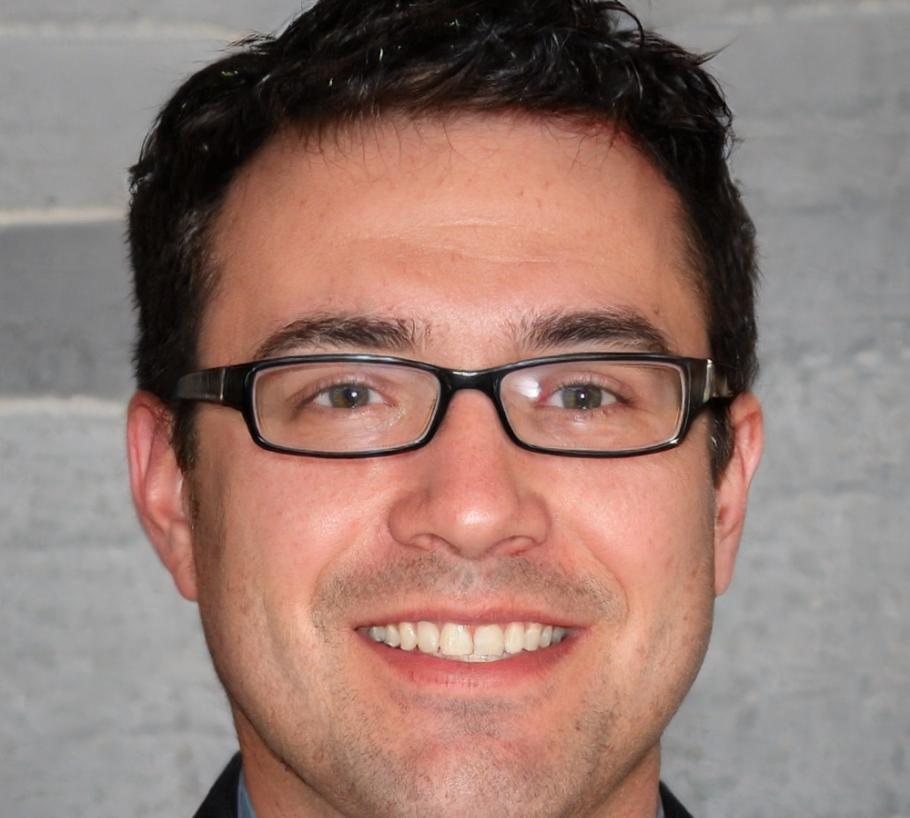Building Your Capital Allocation Framework
Most people know they should think differently about money. But knowing and doing are worlds apart. We've spent years working with individuals who want to move beyond reactive financial decisions and build something systematic.
This isn't about shortcuts or secrets. It's about understanding how capital actually works, why allocation matters more than you think, and how to make decisions that compound over time.
Schedule a Conversation
What We Actually Cover
Six modules designed around questions people actually ask. No fluff, just practical frameworks you can apply to your own situation.
Decision Architecture
Why do smart people make poor financial choices? We explore cognitive biases, emotional triggers, and how to build systems that work even when you're stressed or uncertain.
Portfolio Construction Basics
Forget the jargon. We break down asset classes, correlation, and risk in plain terms. You'll learn how to think about diversification without getting lost in academic theory.
Risk Assessment
Risk isn't just volatility. It's about matching your capital to your actual life circumstances. We help you figure out what appropriate risk looks like for your specific situation.
Time Horizon Planning
Short-term needs versus long-term goals. Sounds simple, but most people mix these up constantly. We'll show you how to separate them and allocate accordingly.
Rebalancing Strategies
Markets move. Your allocation drifts. How do you bring things back in line without overtrading or freezing? We cover practical rebalancing approaches that actually work.
Tax Considerations
In Vietnam's evolving regulatory environment, understanding tax implications matters. We discuss basic principles and when you should consult specialists.
How the Program Unfolds
Weeks 1-2: Foundation Setting
We start with your current situation. What are you doing now? Why? Most people have never really thought this through. We use real examples and case discussions to establish baseline understanding.
Weeks 3-5: Framework Building
Here's where we get into allocation models, risk profiling, and decision frameworks. Lots of exercises. You'll analyze different scenarios and see how small changes compound over years.
Weeks 6-8: Application Phase
Theory meets reality. You'll create your own allocation plan based on your circumstances. We'll review it together, identify weak spots, and refine the approach.
Weeks 9-10: Implementation & Review
The final phase focuses on execution. How do you actually implement these ideas? What tools do you need? What could go wrong? We troubleshoot your specific challenges.
Upcoming Session Details
Our next cohort begins in September 2025. We keep groups small because the program involves real work on your actual financial situation. This isn't passive learning.
The format is hybrid: weekly group sessions online, plus individual review meetings where we dig into your specific allocation challenges. Total time commitment is about 3-4 hours per week over ten weeks.
Duration
10 weeks, September through November 2025. Sessions held on Tuesday evenings Vietnam time.
Format
Weekly group sessions plus two individual consultations. All materials provided digitally with lifetime access.
Prerequisites
No financial background required. You should have some capital to allocate and genuine interest in systematic thinking.
We're accepting applications through July 2025. Spaces are limited to 12 participants per cohort to ensure everyone gets meaningful attention.
Apply for September Cohort
